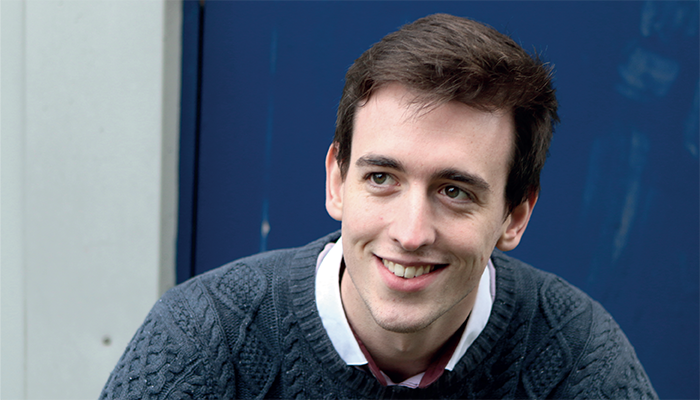It isn’t often an anonymous internet quote is remembered for more than a decade, but this one seems to have an enduring resonance: “We are the middle children of history. Born too late to explore earth, born too early to explore space.”
How reports of eyeglasses, crocodiles, and paper money must have fascinated 13th-century readers of Marco Polo’s Travels. And imagine finding out, like Columbus, that there’s an entirely New World out there – full of new peoples and strange exotic beasts. It is interesting that, as Earth receded in size, our imaginations turned to extraterrestrial worlds – Francis Goodwin’s The Man in the Moone was published in 1638, for example. Once it became clear that the moon was devoid of life, sci-fi writers looked to the Red Planet in the late 1800s. Then, when, thanks to spectroscopy, scientists found the same was likely true of Mars, the space opera was born – featuring far more speculative and distant worlds.
“Born too soon” reflects a disconnect between what might be out there in the wider universe and the inadequacy of our current technology. But what if we don't need to voyage to far-away star systems to answer the big questions…
Meet the pioneers developing the tools and methods required to discover if there’s anything hidden beneath the thick icy crust of oceanic moons like Europa, Titan, and Enceledus.
“I believe it’s a short bet there is extraterrestrial life in our solar system,” says NASA scientist Desmond Kaplan. “It’s just a matter of whether we’ll discover it in our lifetime or not.”
In fact, exploring new frontiers may simply be a question of knowing where – and more importantly, how – to look. As Adam Hollerbach puts it: “We still only know the complete chemical structure of around 5 percent of all the molecules we believe to exist. This number is staggeringly low and needs improving.” Hollerbach has combined SLIM with Orbitrap mass spectrometry to tackle the problem. His early findings are exciting, but further work is needed – and Hollerbach believes new computational technologies could play a crucial role.
Speaking of which, I will leave you with a twist on the classic quote from Open AI Founder – and, at the time of writing, CEO – Sam Altman that went viral last month: “Born too late to explore the earth, born… at the absolute coolest time in history, about to be able to explore absolutely everything else. The scientific discoveries of the coming few decades will be breathtaking.”





